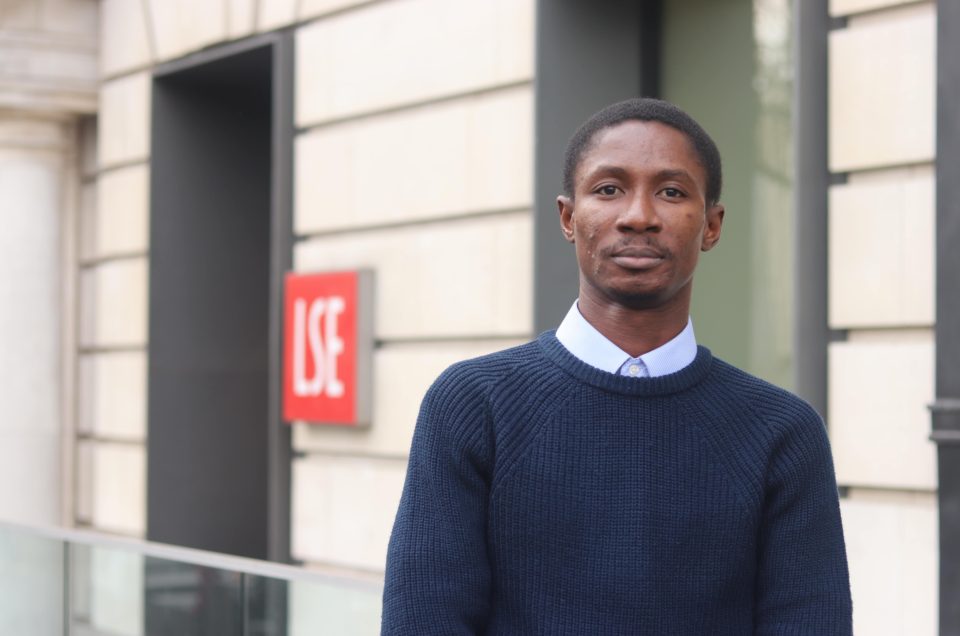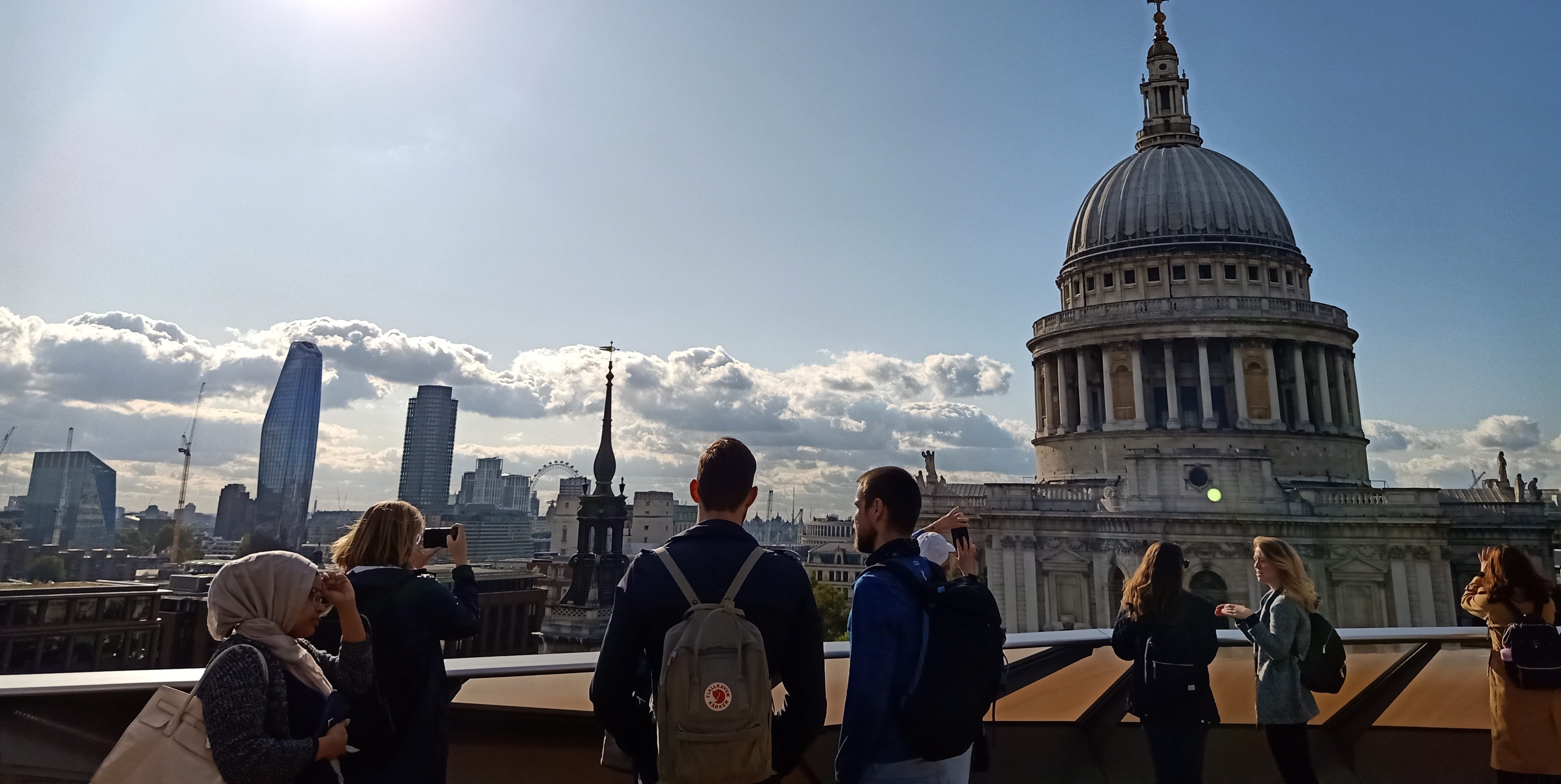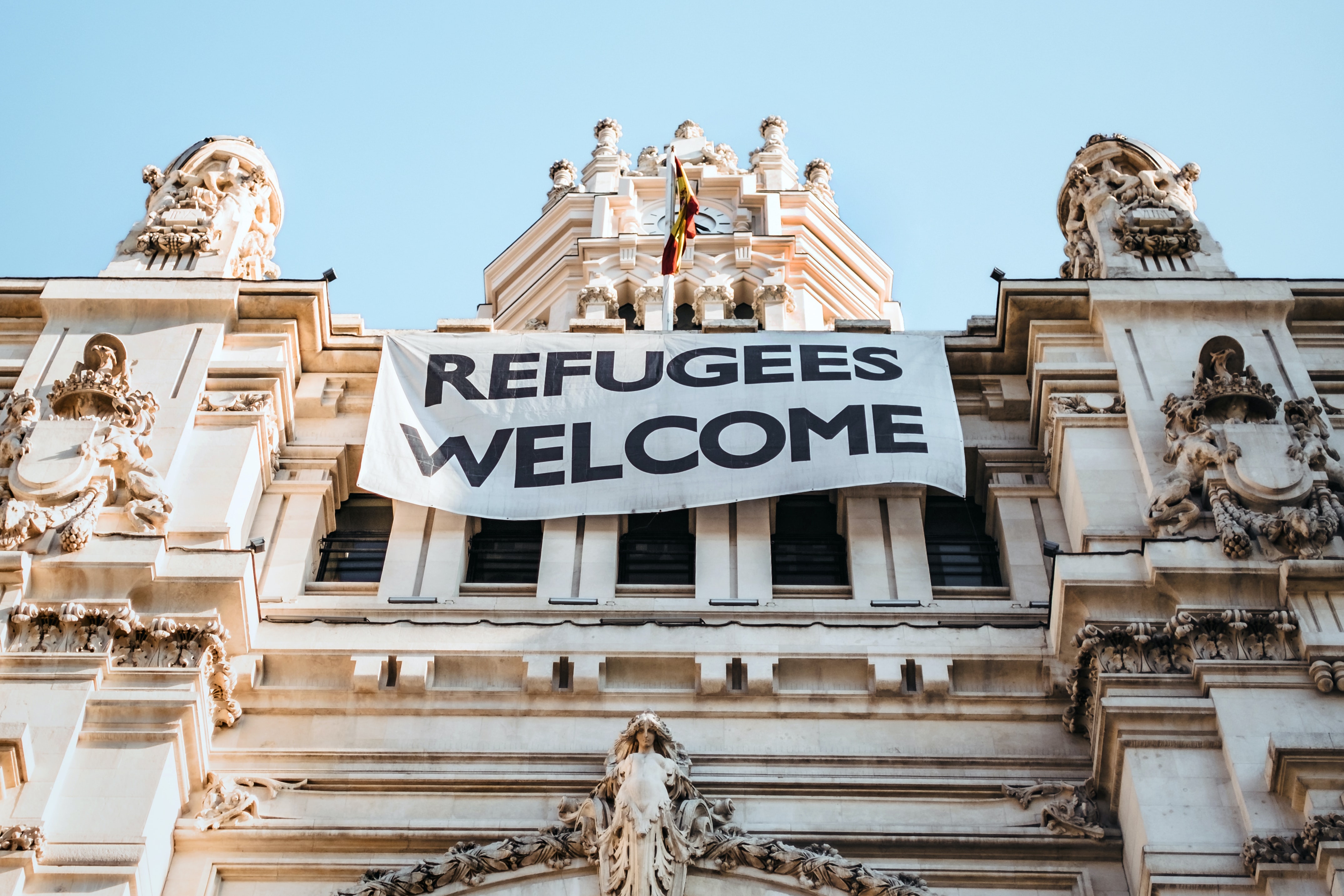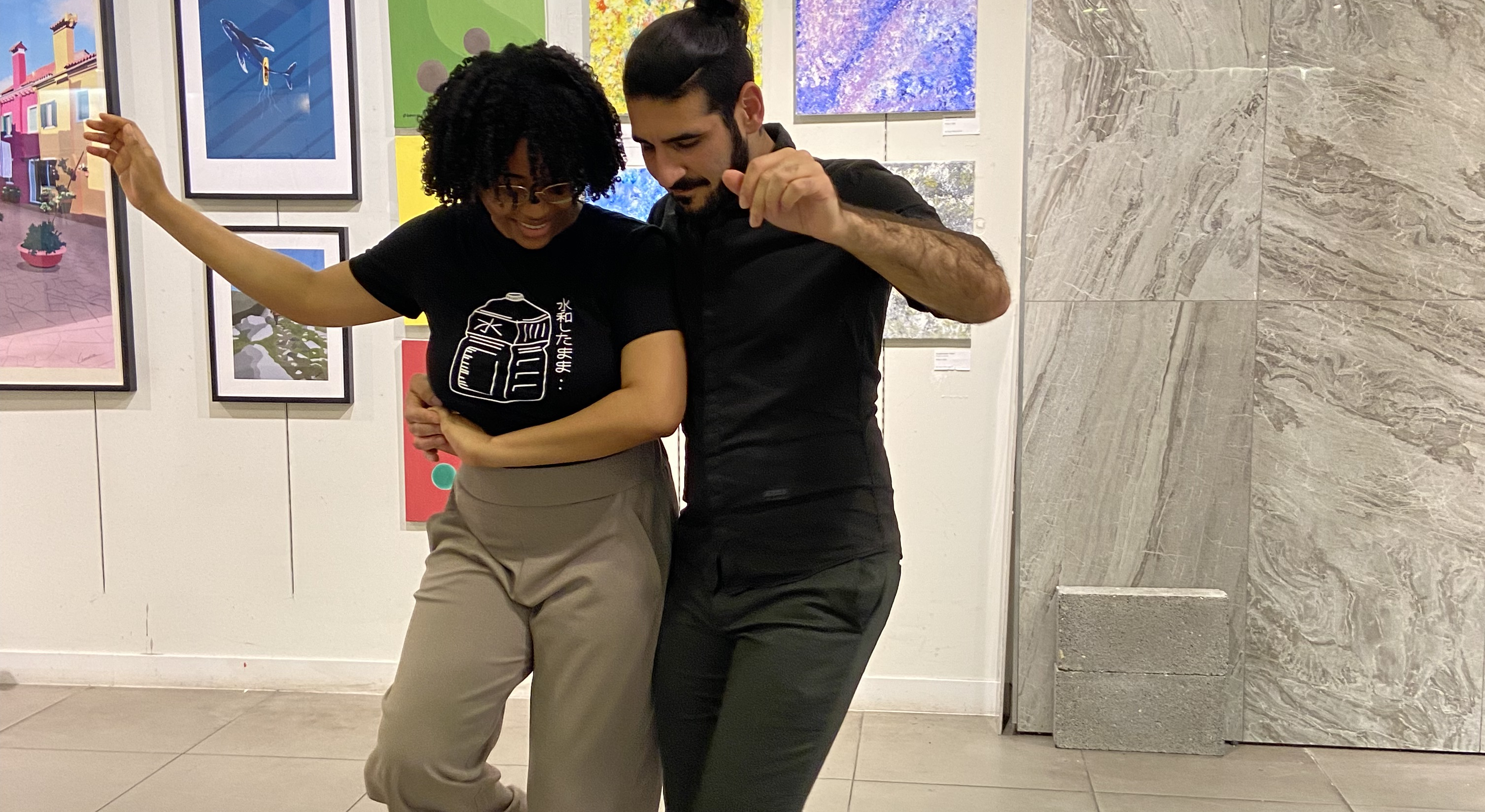Glenn S. Norgbey, currently in the MSc in International Development and Humanitarian Emergencies programme at LSE, speaks to one of the Department’s Media Student Ambassadors, Innocent Anguyo.

My parents have given me many gifts—from emotional to material—but one has impacted me the most. At a young age, they gifted me the love of reading. Reading exposed my undeveloped mind to new worlds and experiences beyond my immediate surroundings. I’ve read my way out of challenges—from my parents’ divorce when I was a child to changing schools seven times—life has thrown my way.
I joined the University of Ghana in 2008 for my undergraduate studies and in 2012 I graduated with a first class double major in Sociology and English. I also minored in Russian. The university’s Department of English retained me as a teaching assistant. I taught undergraduate students in Argument Writing and Literary Analysis. After two years, I enrolled on the MA in International Affairs at the University’s Legon Centre for International Affairs and Diplomacy. After I graduated, I worked as a Research Associate specializing in peace and conflict studies at the same institution.
I am heavily involved in youth development in my ancestral home, Ziavi, a small town in rural Ghana. My clan has appointed me to write the history of the town and I often sit at the table of elders to discuss sensitive issues concerning our community. However, after realizing that the biggest impediments to development in Ghana were the pervasiveness of humanitarian emergencies—both as a cause and effect of underdevelopment—I decided it was time to pursue a degree that would empower me to contribute to changing the situation for the better. Picking the MSc in International Development and Humanitarian Emergencies (IDHE) programme at LSE was a total no-brainer.
London has been an amazing experience so far. There are exciting things to discover every day. Public transportation is fantastic. There is an abundance of pubs and historical monuments; as a history buff and someone who enjoys the occasional night out, London offers the perfect combination. It has to be one of the most multicultural cities in the world, there’s something for everyone! For the prospective LSE student from Africa, I also recommend joining PfAL (the Programme for African Leadership), which combines leadership training with social networking and informal nights out. After completing this programme [IDHE], I intend to study for a PhD in International Development. In addition, I intend to establish an organization to undertake research and provide technical support for emergency response in Ghana and the developing world.
The views expressed in this post are those of the author and in no way reflect those of the International Development LSE blog or the London School of Economics and Political Science.





